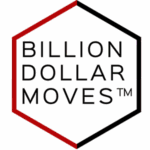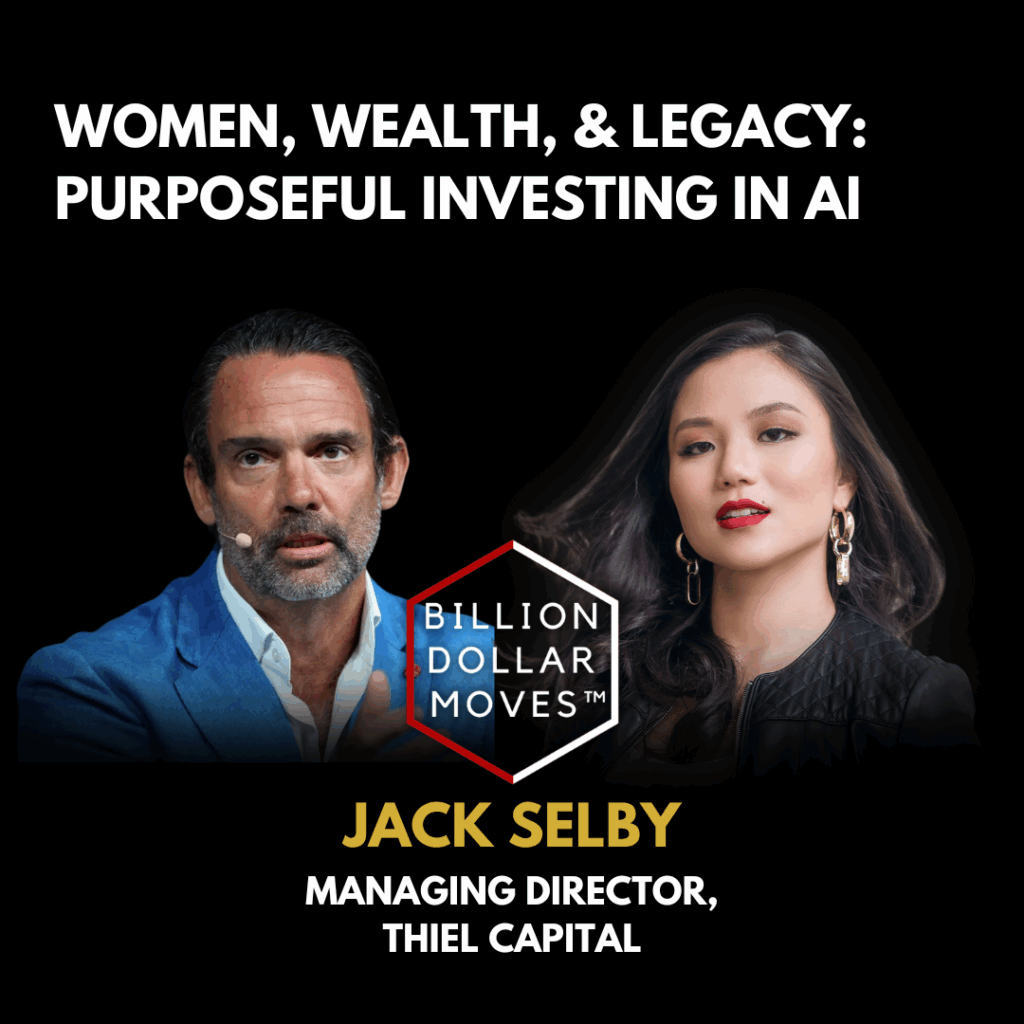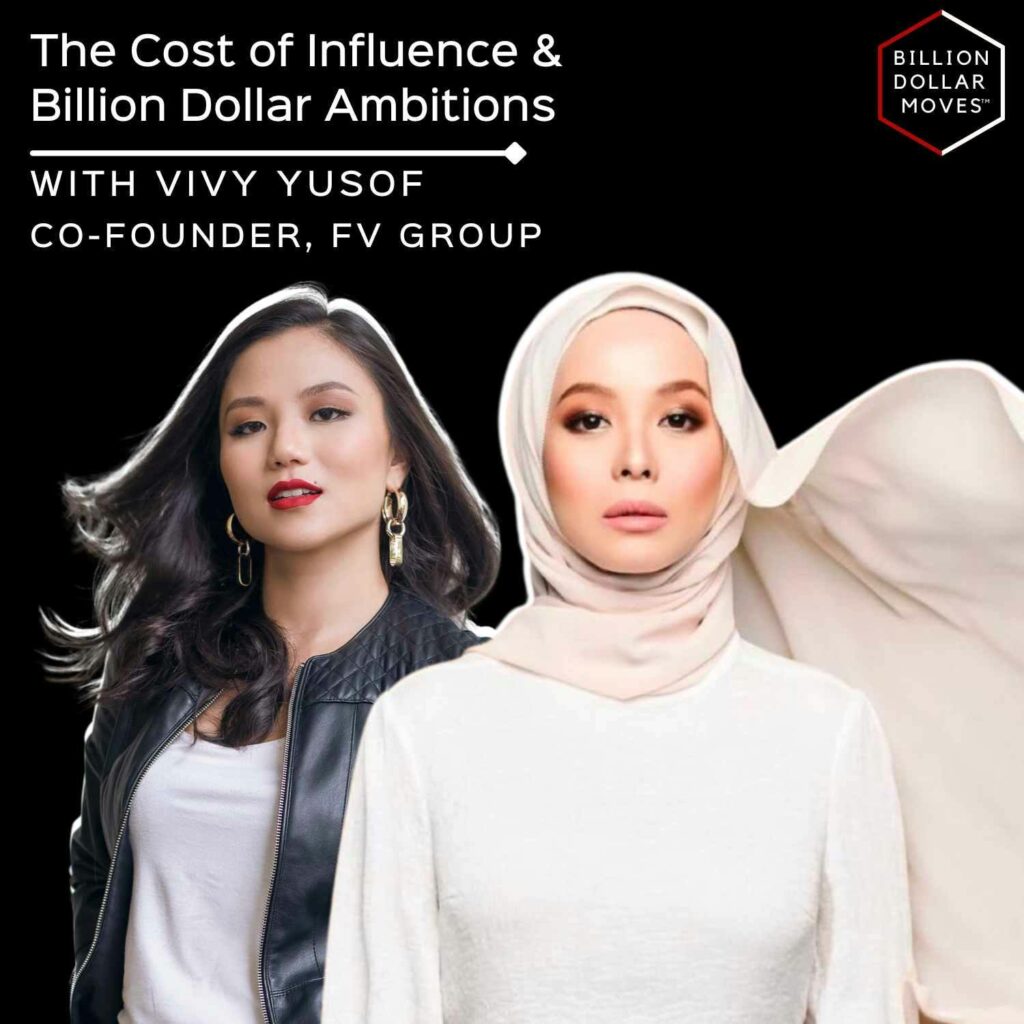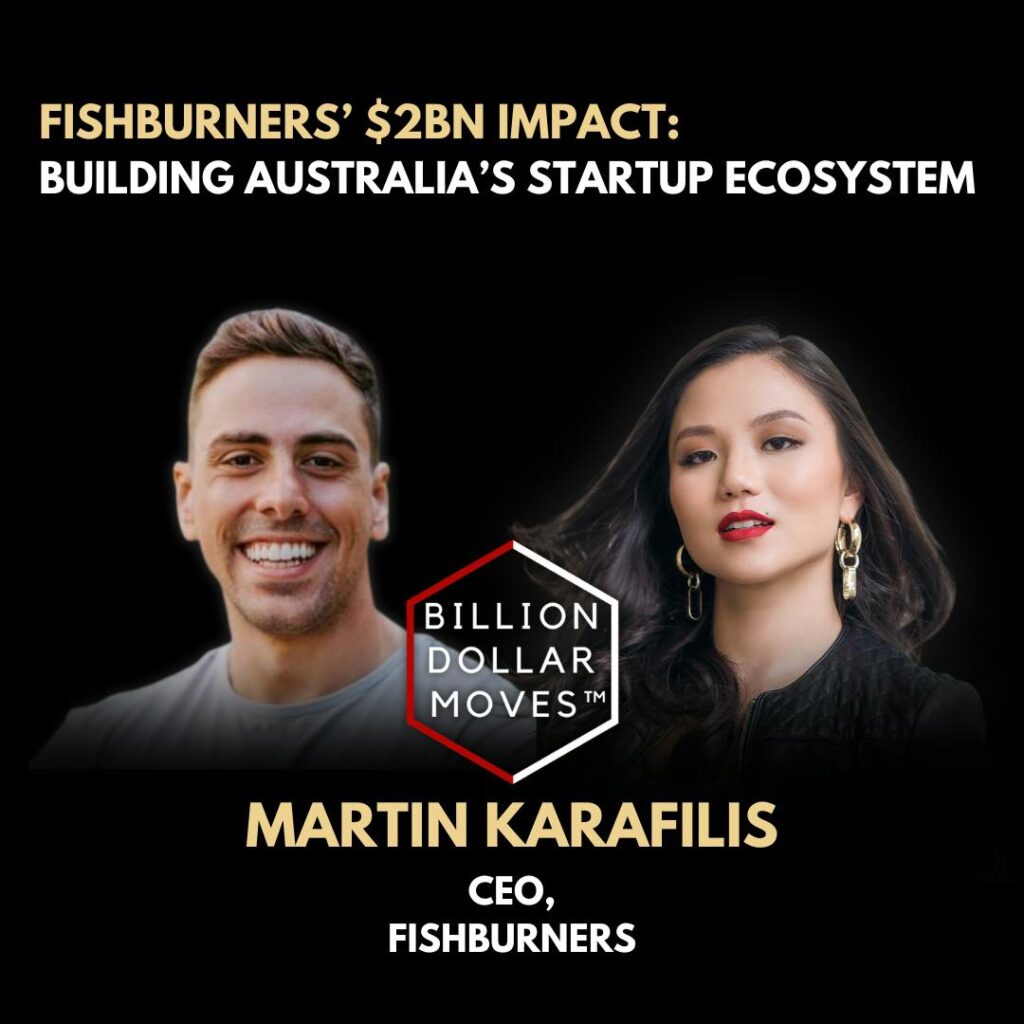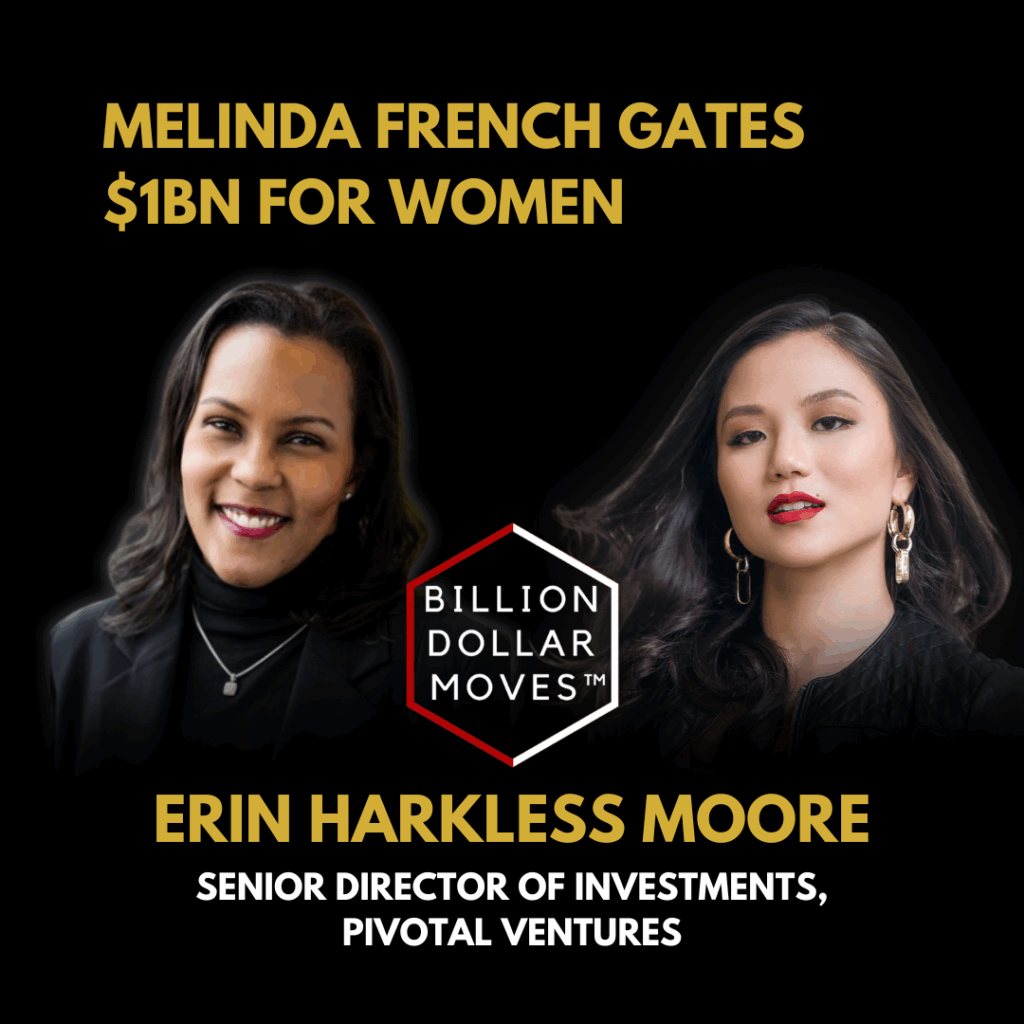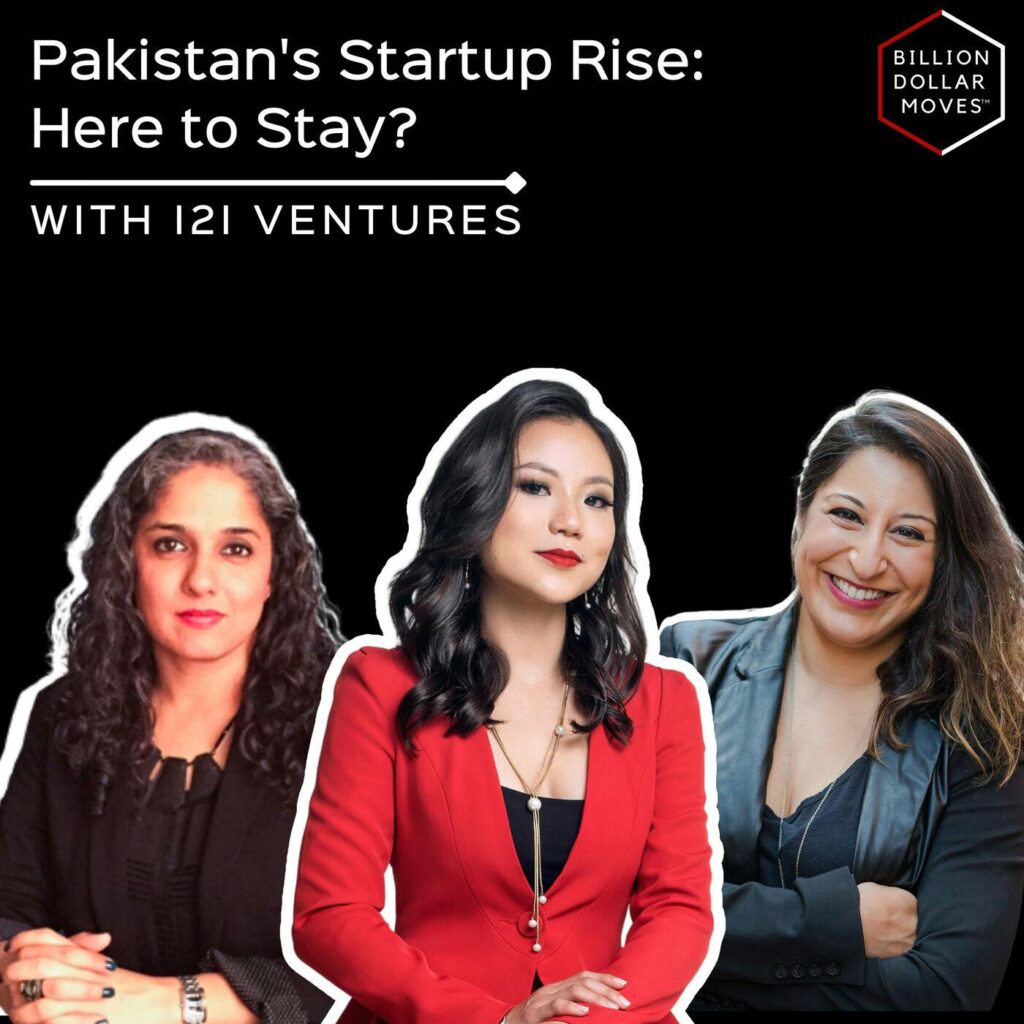And while we’ll also talk about her departure from the reveal and the challenges reported today – it is unquestionable that her journey from absolute failure to growing and scaling is a testament to her resilience and innovation. This is why she’s next in the Billion Dollar Moves CEO series.
This conversation explores the valuable lessons from Julie’s storied career, her fearless approach to failure, and her bold steps in founding Ahara, her latest venture in personalized nutrition at age 67.
Get ready to uncover actionable insights on turning setbacks into comebacks, understanding untapped markets, and always putting the customer first. Let’s get started!
Timestamps / Key Takeaways
00:00 – Intro
02:30 – Key Takeaway 1: Failure is just the cost of success— be one with it
07:27 – Key Takeaway 2: Just because it’s never been done before, doesn’t mean it can’t be done
11:56 – Key Takeaway 3: Just get started. Do the damn thing, expand and stay focused.
14:50 – Key Takeaway 4: “Your customers vote everyday with their purchases. Pay attention”. Customer-Centric Approach
18:35 – Key Takeaway 5: “Your business is an opportunity for you to make an impact.”
23:06 – Post-note: Initially successful, The RealReal’s market cap dropped significantly – why?
About Julie Wainwright
Julie Wainwright began her illustrious career at Clorox as one of their first undergraduate hires in brand management, providing her with a solid foundation in profit and loss management and data analysis. Transitioning to the tech industry at the young age of 25, she joined Software Publishing amid the competitive landscape of Microsoft and Visicalc. Demonstrating remarkable initiative, Julie volunteered to handle international operations, leading efforts to establish international distribution from London by the age of 27. Her early experiences laid the groundwork for a dynamic career characterized by innovation and leadership.
Sources:
#80 – Julie Wainwright – Founder & CEO of The RealReal and Former Founder of Pets.com
How Julie Wainwright Built The RealReal To Be A Billion-Dollar Business | Forbes
Greycroft Co-Founder Ian Sigalow on Investing $1 Billion Right Now | StrictlyVC Download
–
PODCAST INFO:
Podcast website: https://billiondollarmoves.com
Watch on Youtube: https://tinyurl.com/sarahchenglobal
Join the community: https://sarah-chen.ck.page/billiondollarmoves
FOLLOW SARAH:
LinkedIn: https://linkedin.com/in/sarahchenglobal
Instagram: https://instagram.com/sarahchenglobal
X/Twitter: https://x.com/sarahchenglobal
